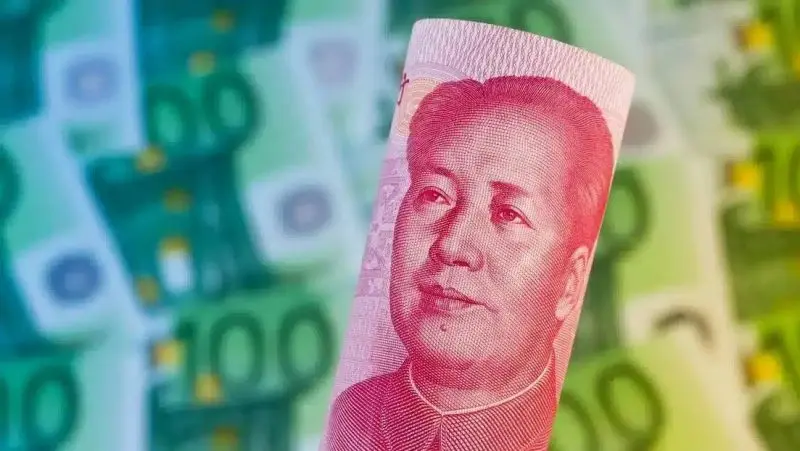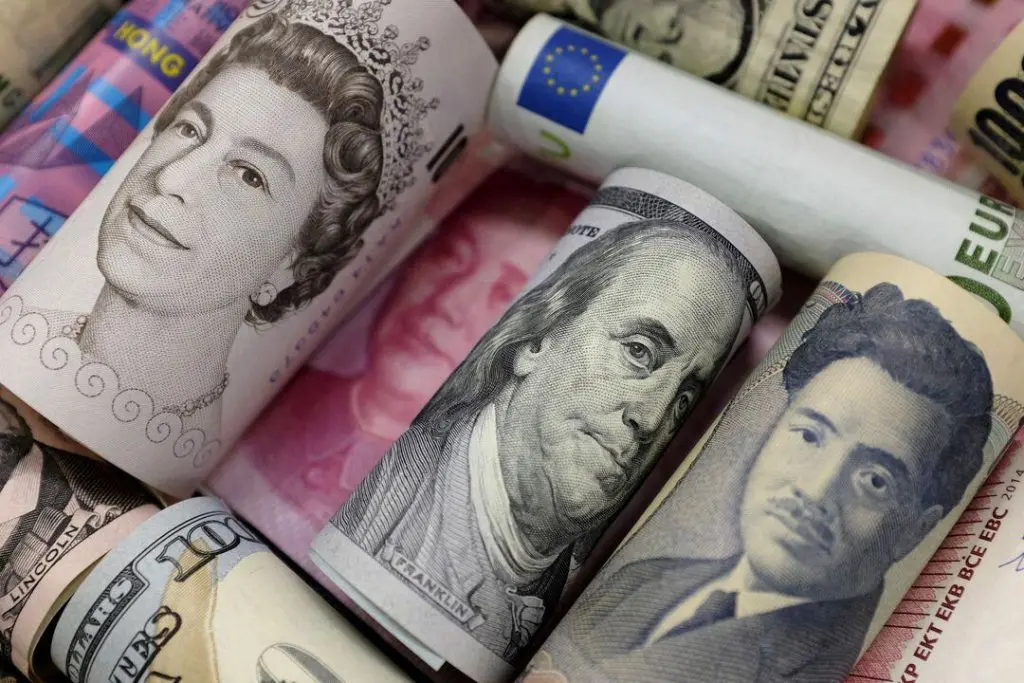Beijingwalker
Elite Member
- Nov 4, 2011
- 76,491
- 104,120
- Country of Origin

- Country of Residence

Chinese Yuan Beats Euro To Become the Second Most Used Currency
Vinod DsouzaSeptember 1, 2024

The Chinese yuan is surging rapidly in trade settlements elbowing the Euro to become the second most used currency. BRICS member China is advancing in toppling the Euro making the Chinese yuan take the spot below the US dollar. The Xi Jinping administration is aggressive in pushing its native currency on the global stage making several developing countries settle trade payments in it.
While recent data from Bloomberg shows that the Chinese yuan outperformed the Euro in April 2024, it reclaimed the share again in June. The latest data from the payment messaging system SWIFT highlights that the Chinese yuan approached nearly 6% in April 2024. Trade payments in the Chinese yuan increased by 13.37% in June retaining the second place only below the US dollar. The development comes at a time when BRICS is looking to dim the lights on the US dollar and the Euro and make the Chinese yuan and other local currencies supreme.
Chinese Yuan Overpowering the Euro
The internationalization of the Chinese yuan comes after the US pressed sanctions on Russia in February 2022 for invading Ukraine. BRICS country China took advantage of the situation pushing the de-dollarization agenda and the Chinese yuan across the globe. De-dollarization is a broader web that also targets the Euro, Pound, and other leading Western currencies. Read here to know how many sectors in the US will be affected if BRICS ditches the dollar for trade.
The internationalization of the Chinese yuan comes after the US pressed sanctions on Russia in February 2022 for invading Ukraine. BRICS country China took advantage of the situation pushing the de-dollarization agenda and the Chinese yuan across the globe. De-dollarization is a broader web that also targets the Euro, Pound, and other leading Western currencies. Read here to know how many sectors in the US will be affected if BRICS ditches the dollar for trade.
Even the US Treasury Secretary Janet Yellen confirmed that the sanctions are what led to BRICS initiating de-dollarization. China is convincing several developing countries to cut ties with the US dollar and settle trade in local currencies. The Communist country is also pushing the Chinese yuan as the first payment option with its BRICS counterparts. The threat to the US dollar and Euro from BRICS member China is looming while the Chinese yuan aims to take the top spot.





